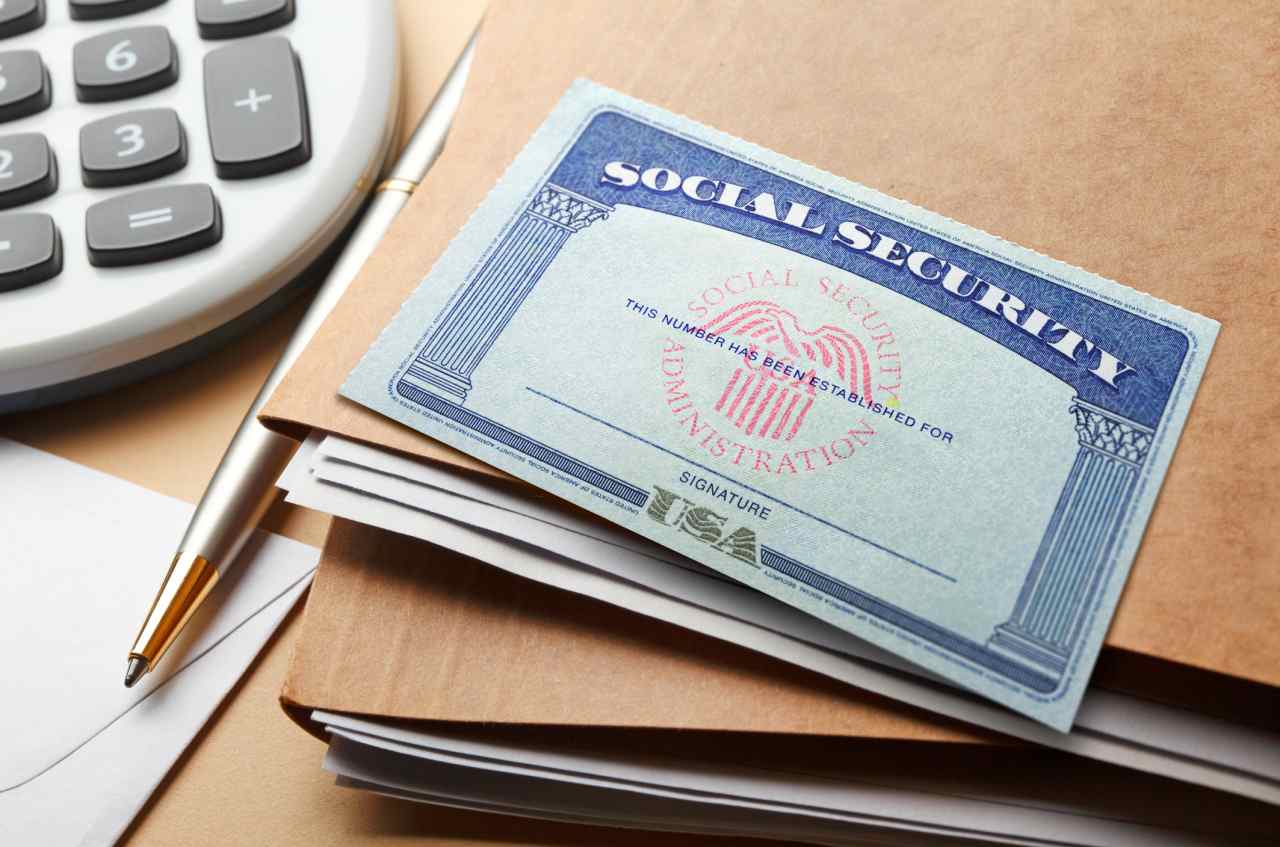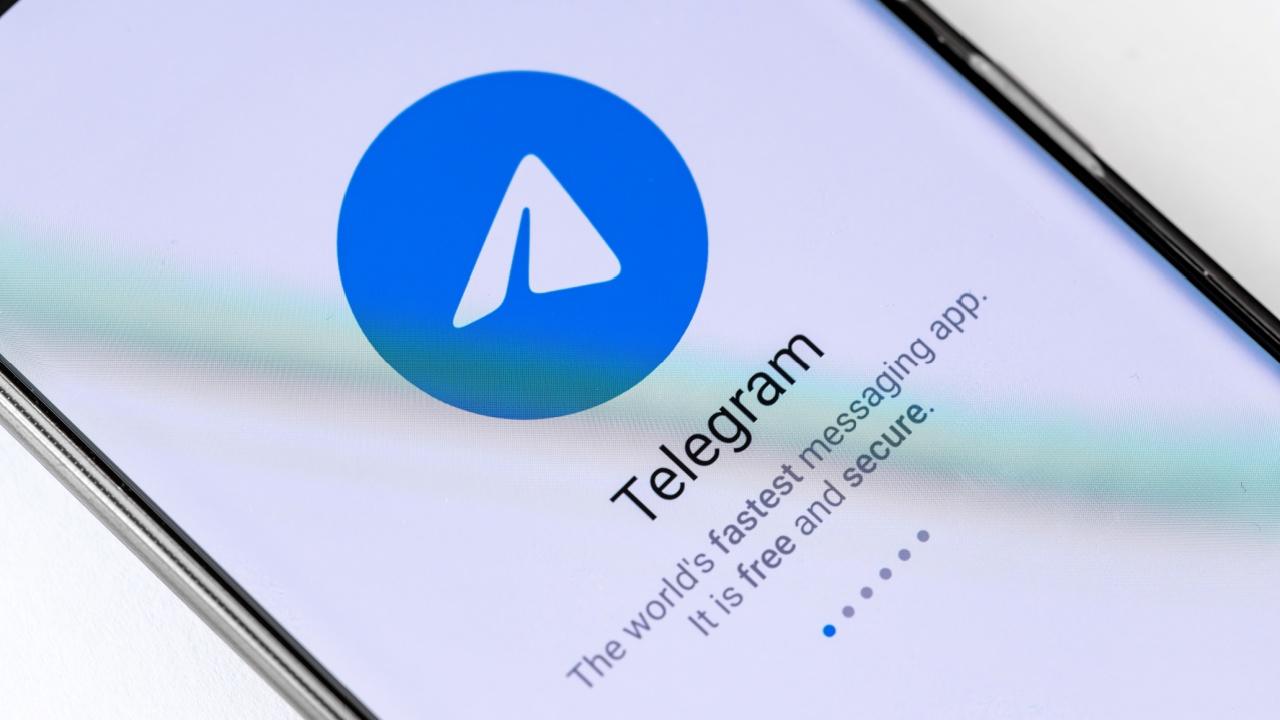Should I Downgrade My Credit Card to Save on Fees?
A Reddit user is considering downgrading their credit card to save on fees. The user explained that he has had the credit card for between four and six years and has a positive payment history on it. Unfortunately, the card charges an annual fee, and the poster does not think paying the fee is worth […] The post Should I Downgrade My Credit Card to Save on Fees? appeared first on 24/7 Wall St..

Key Points
-
A Reddit user is considering downgrading a credit card but is worried about the impact on his credit.
-
Downgrading a card usually allows you to keep your credit history, but you’ll want to check with your card issuer.
-
If you can’t downgrade, weigh the pros and cons of closing the old account before you move forward.
-
Finding the best credit card just got a lot easier. We’ve assembled a list of cards with unlimited cash back, $200 statement credits, $0 fees, and more. See the list for yourself. You can click here to get started.
A Reddit user is considering downgrading their credit card to save on fees. The user explained that he has had the credit card for between four and six years and has a positive payment history on it. Unfortunately, the card charges an annual fee, and the poster does not think paying the fee is worth it.
So, what should the poster do?
Is it worth downgrading a card to save on fees?
Downgrading a credit card means contacting a credit card company and asking them to switch you to a different card in their lineup that does not charge an annual fee, or that charges a lower fee than the amount that you are currently paying. It’s a common technique people use when they don’t want to close an old card but don’t want to pay for it anymore.
Not all credit card companies will allow you to downgrade a card. Some will, if they don’t want to lose you as a customer, but they usually require that you have had the account open for at least a year first. Others are not willing to downgrade at all, and you’ll have to decide whether you want to keep the old card or not.
When you are allowed to downgrade, you may find that other changes to your card occur besides just losing access to the card’s perks. You may lose accrued rewards, for example, and you may also get a lower credit limit on the new account. Still, it could be beneficial to downgrade rather than close the account in order to protect your credit history.
That’s because when you close an account, you:
- Lower the average age of your credit, which is a problem because a longer credit history is better for a high score
- Reduce the credit available to you, which hurts your credit utilization ratio (the ratio of credit used to credit available)
- Eventually lose the record of your positive payment history as the card drops off your account
If you can downgrade the card, you can usually keep the history on your record, and your card age won’t change, as a different Reddit poster explained happened when he downgraded. You will, however, want to ask your card issuer what the consequences are of downgrading so you can ensure you understand what will be displayed on your credit record after the downgrade.
What if you can’t downgrade the card?

If you can’t downgrade the card, you have a tough choice to make. You’ll have to decide whether to close down the account or keep it open and keep paying the fee.
Closing down the account will hurt your credit for all of the reasons mentioned above. At the same time, you also don’t want to pay an annual fee forever just to avoid a hit to your credit score.
Ultimately, you’ll need to look at exactly what else is on your credit record to decide whether you can absorb the damage.
If the card you’d be closing is the oldest one in your credit line-up, or is the only one on your credit record, then closing it could do serious harm to your credit score. Likewise, if you have a balance on most of your cards but not on the one you are closing, your credit utilization ratio would likely be pushed up above the recommended 30% max if you closed the account. In this case, closing the card could also do major damage.
In these situations, you may want to wait a little bit longer to try to let other accounts age and to pay down your balances. You’ll also want to wait to close old accounts if you’re going to take out a big loan soon, like a mortgage or car loan, since you want the best possible score before you borrow a lot of money.
If you have plenty of other old accounts on your credit record, though, then you may not take as much of a hit — especially if you will still have a low utilization ratio. If that’s your situation and you aren’t going to borrow a lot of money any time soon, you may want to bite the bullet and close the account rather than paying a fee forever.
Then, next time, be sure you shop around carefully for the right cash back card you’ll be happy to keep for the long haul, so you don’t find yourself facing this tough choice in the future.
The post Should I Downgrade My Credit Card to Save on Fees? appeared first on 24/7 Wall St..





























































































































































